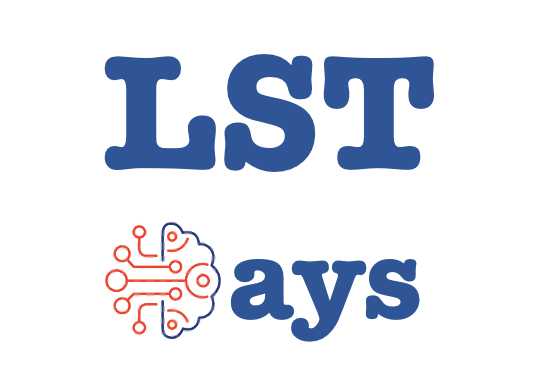Information Extraction and Analysis from News videos
Seminar from Sadok Mansouri, ATER at LIUM Date: 13/01/2025 Time: 10h00 Place: IC2, Boardroom Speaker: Sadok Mansouri Information Extraction and Analysis from News videos Information extraction from videos is an important research topic in content-based video indexing and retrieval. Indeed, the visual text present in news videos typically provides rich semantic […]

 Français
Français



